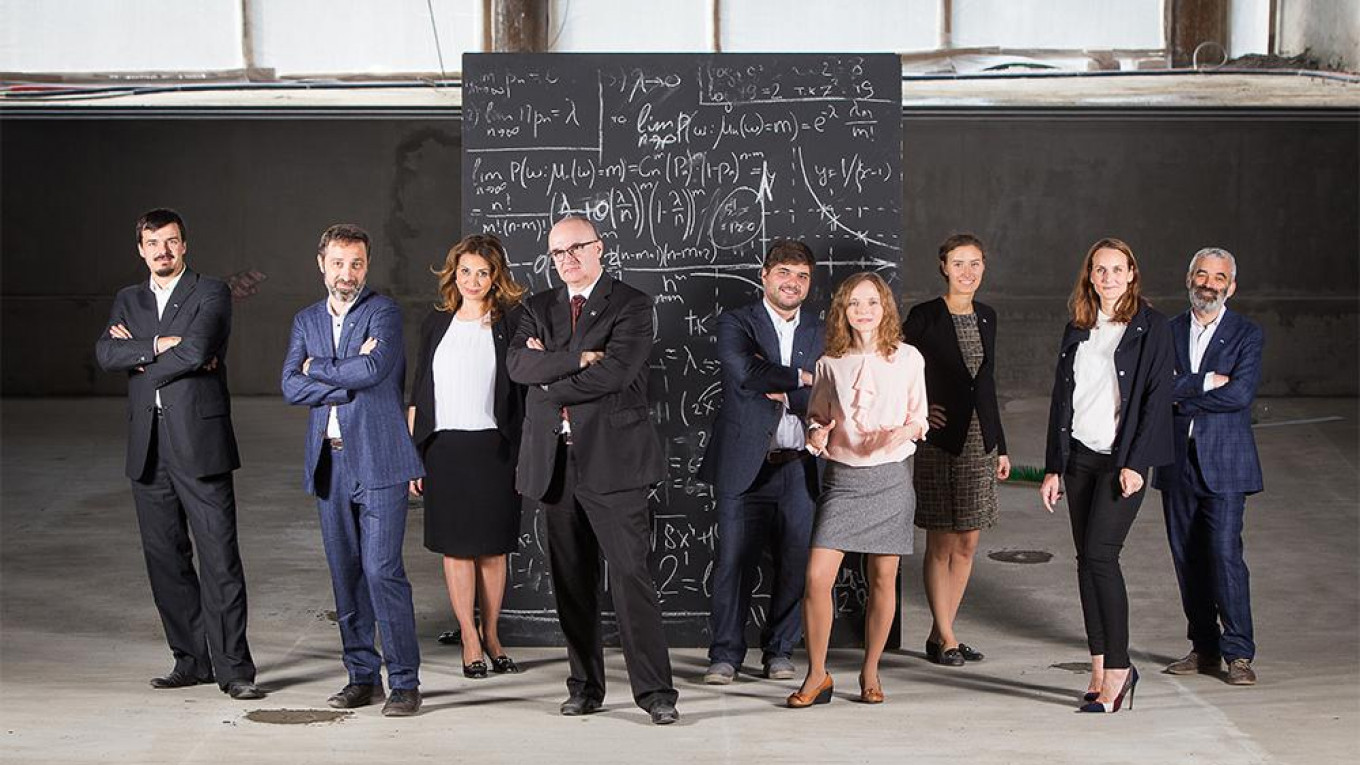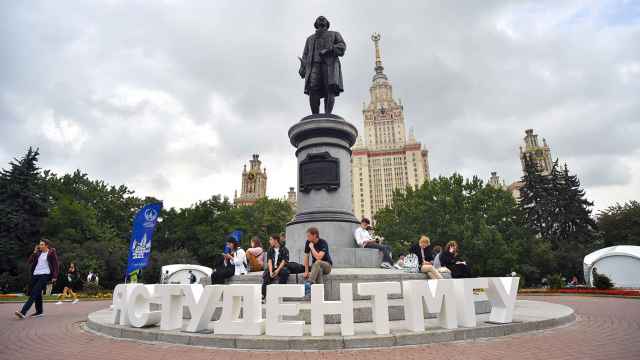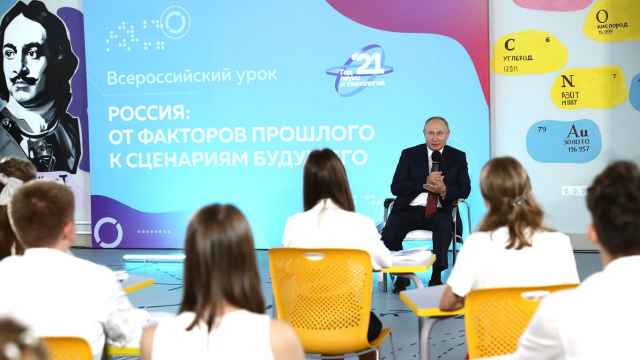An education revolution could be coming to Russia. Its stage: the fields and forests on the outskirts of the country’s capital.
In 2012, the Russian government incorporated large swaths of land into Moscow, nearly doubling the city’s already vast area. Dubbed New Moscow, the new space was soon auctioned off under a mandate to develop it as an urbanist utopia of mixed housing, public transportation and recreational space.
Vadim Moshkovich, a Russian agriculture and real estate mogul, won the tender. Two years earlier, he had conceived Russia’s ideal private school to be set just outside the capital. New Moscow would serve as the perfect playground for his vision.
Moshkovich, whose net worth was estimated at $2.3 billion wealth according to Forbes 2017, created a 200 million dollar trust for his dream project, The Letovo School. The endowment will cover student tuition — $20,000 per year — a tantalizing carrot for most Russian families.
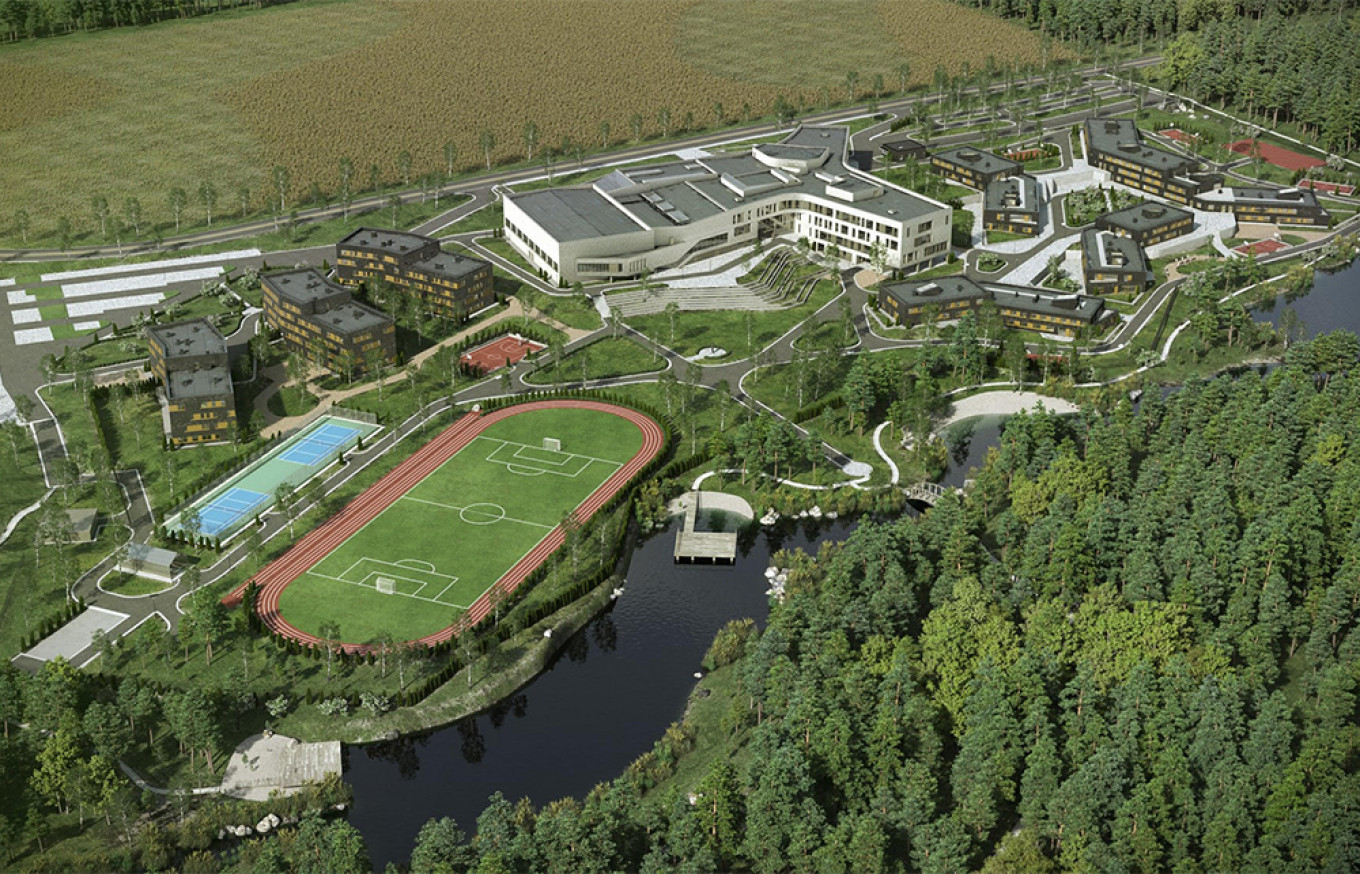
Recruitment efforts are already charging ahead: Administrators aim to have a student body of 150 between grades 7, 8 and 9 for a start date in August 2018. By 2020, they hope to enroll 1,000 students taught by some 150 educators.
“We are taking the best of the world,” Moshkovich told The Moscow Times. “We are prepared to give each student everything they need.”
Molding Russia’s future leaders
Although the Soviet Union collapsed more than 25 years ago, it has retained a lasting influence on Russian primary education, despite reforms to textbooks in the 1990s.
The education system still emphasizes discipline and memorization, and teachers shepherd students through standardized tests in core subjects. The approach leaves little room for creativity or independent research.
For the last three years, Moshkovich and a small team of teachers have been operating as a think tank on education for the 21st century.
While they hope to revolutionize the Soviet approach, Moshkovich’s team will not diverge from the traditional model entirely: They have settled on a curriculum that will marry the rigor of Soviet learning to the humanist requirements of the International Baccalaureate (IB) program.
“The goal of our school is to raise a person who is accomplished in terms of skills,” says The Letovo School’s Academic Head Madlena Shaginyan. “We believe that the ideal student will be a balanced person, who is active, responsible and cares about themselves and their local community.”
“They will be a leader,” she added.
An ideal home for the ideal student
The Dutch architecture firm Moshkovich commissioned to design the school produced a venue specifically to foster holistic human development — a large building in which students can move from academics to sports to the arts. Architect Director Dorte Kristensen of Atelier PRO told The Moscow Times that the design is lifted directly from the American model school.
Chiefly, the design aims to foster three kinds of learning via three kinds of spaces: teacher to student lectures in traditional classrooms; reflection in designated quiet spaces; and collaborative group work in open corridors. The school will also house enormous sports facilities, an auditorium for dance performances and an arts and music wing.
To ensure students are focused on their education, The Letovo School’s campus — like many American and British prep schools — is as rural as a campus within Moscow’s city limits can allow. The setting borders on the bucolic: Located on a 60-hectare site in New Moscow, it is surrounded by woods, wheat fields and a winding river.
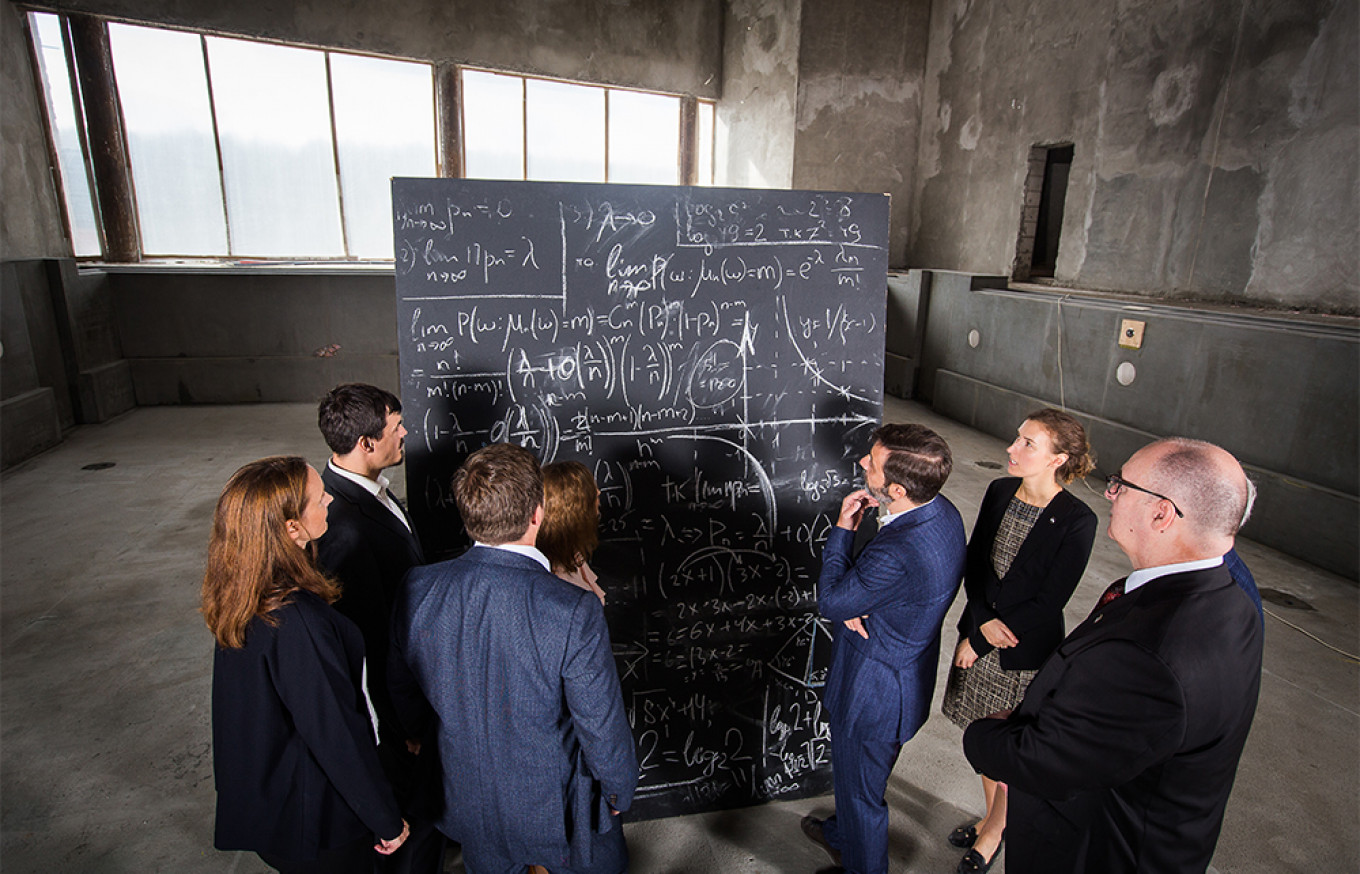
Because the location is remote, Moshkovich and his team will eventually offer board for up to 500 students. For most Russians, however, the concept of a boarding school is unfamiliar, and the idea of sending children away could be more worrying for parents than the school’s untried curriculum. To quell worries, Polina Matseva, the school’s chief operating officer, relied on the Harry Potter series’ famed Hogwarts boarding school to help explain The Letovo School’s model.
Parents, however, might set their worries aside when they consider that the education comes expenses-free — a golden ticket for provincial families struggling to meet basic expenses. So far, this selling point has proved true: More than 1,500 applications have already been submitted for a spot at the school.
Staying grounded
If Moshkovich’s dream school succeeds, it could become a model for curricular reform in Russia.
As a pioneer institution with vast private funding — much like the Garage Museum of Contemporary art, the Jewish Museum and Tolerance Center and The Calvert 22 Foundation — The Letovo School can test reforms that would be much more difficult for a state-sponsored institution.
Alexei Belov, a physics teacher, has accordingly set his aims high. “Our model has a mission for all of Russia,” he says.
The school’s leadership, however, is focused on staying grounded.
“I don't hope to change the whole world and we can not change the whole country,” said Shaginyan, the Academic Head.
“We are not a political party with promises,” he adds. “We are just creative and passionate teachers.”
A Message from The Moscow Times:
Dear readers,
We are facing unprecedented challenges. Russia's Prosecutor General's Office has designated The Moscow Times as an "undesirable" organization, criminalizing our work and putting our staff at risk of prosecution. This follows our earlier unjust labeling as a "foreign agent."
These actions are direct attempts to silence independent journalism in Russia. The authorities claim our work "discredits the decisions of the Russian leadership." We see things differently: we strive to provide accurate, unbiased reporting on Russia.
We, the journalists of The Moscow Times, refuse to be silenced. But to continue our work, we need your help.
Your support, no matter how small, makes a world of difference. If you can, please support us monthly starting from just $2. It's quick to set up, and every contribution makes a significant impact.
By supporting The Moscow Times, you're defending open, independent journalism in the face of repression. Thank you for standing with us.
Remind me later.


